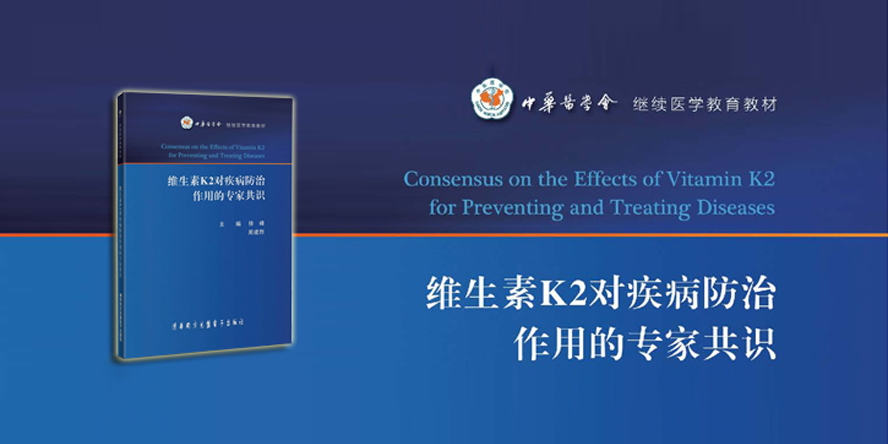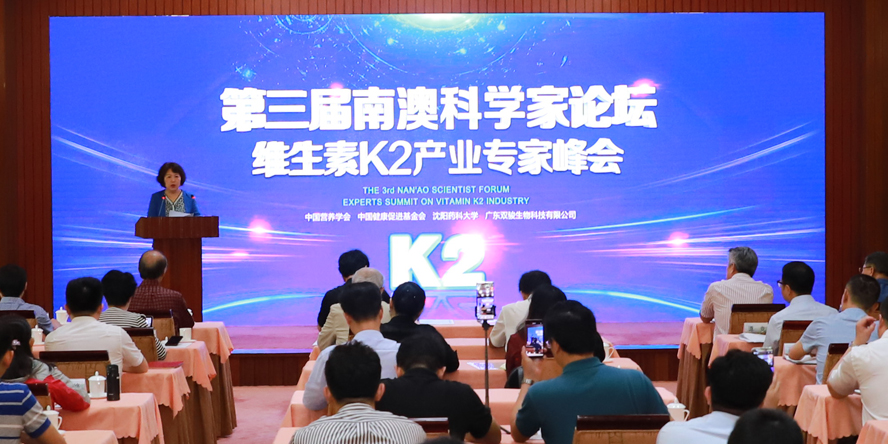Deuterium-labeled phylloquinone fed to α-tocopherol-injected rats demonstrates sensitivity of low phylloquinone-containing tissues to menaquinone-4 depletion
【Abstract】
Scope: The influence of excess α-tocopherol (α-T) on tissue depletion of phylloquinone (PK) and menaquinone-4 (MK-4) was evaluated.
Methods and results: Rats (n = 5 per group) were fed deuterium-labeled PK (2 μmol/kg diet) for 17 days, thereby labeling the conversion from deuterium-labeled PK to d₄-MK-4. Then they were injected subcutaneously daily for the last 7 days with saline, vehicle, or α-T (100 mg/kg body weight). α-T injections (i) increased α-T concentrations by tenfold in liver, doubled them in plasma and most tissues, but they were unchanged in brain; (ii) increased the α-T metabolite, carboxyethyl hydroxychromanol (α-CEHC) concentrations: >25-fold in liver and kidney, tenfold in plasma and lung, and 50-fold in heart; brain contained detectable α-CEHC (0.26 ± 0.03 nmol/g) only in α-T-injected animals; and (iii) depleted most tissues' vitamin K. Compared with vehicle-injected rats, brains from α-T rats contained half the total vitamin K (10.3 ± 0.5 versus 21 ± 2 pmol/g, p = 0.0002) and one-third the d₄-MK-4 (5.8 ± 0.5 versus 14.6 ± 1.7 pmol/g, p = 0.0002). Tissues with high PK concentrations (liver, 21-30 pmol/g and heart, 28-50 pmol/g) were resistant to K depletion.
Conclusion: We propose that α-T-dependent vitamin K depletion is likely mediated at an intermediate step in MK-4 production; thus, tissues with high PK are unaffected.
【From】 PubMed

Pay attention to WeChat public account




